
Cannes 2021: the 10 best movies, from Titane, Palme d’Or winner, to A Hero and Paul Verhoeven’s Benedetta
- Titane won the Palme d’Or, making writer-director Julia Ducournau only the second female to win Cannes’ top prize, while the bawdy Benedetta shocked audiences
- The bleak humour of Lamb, starring Noomi Rapace, fascinating morality play A Hero and ex-porn star Simon Rex’s performance in Red Rocket, were other highlights
This year’s Cannes Film Festival was surely – hopefully – a one-off.
Taking place in a sweltering July, two months after its usual May berth, festival organisers battled against the odds to stage the world’s biggest movie gathering, with many attendees forced to be regularly tested for Covid-19.
Fortunately, there was no major outbreak, while the quality of filmmaking was blessedly high.
Here, in no particular order, are the 10 best films that played on the Croisette this year.
Titane
A left-field choice from the jury led by Spike Lee, Titane won the Palme d’Or, making writer-director Julia Ducournau only the second female (after Jane Campion for The Piano) to win Cannes’ top prize.
Her first film since her 2016 debut Raw, this bizarre odyssey of an androgynous psychopath (Agathe Rousselle) who hooks up with Vincent Lindon’s emotionally deadened father is rich in violence and black comedy.
A Palme d’Or winner? Maybe not. But it was certainly one of the more original films in the competition line-up, despite drawing from David Cronenberg’s Crash for the scenes of auto-erotica. A bold selection by the jury.
Benedetta
Every year Cannes hopes for a controversy – one that’s usually provided by Lars von Trier or Gaspar Noé. This time, it was Dutch director Paul Verhoeven (Basic Instinct, Total Recall) who came with Benedetta.
Originally set for last year’s festival, this true-life historical erotic drama was said by some critics to be blasphemous. Virginie Efira, in the title role, plays a nun who falls for another in a 17th century Italian convent.
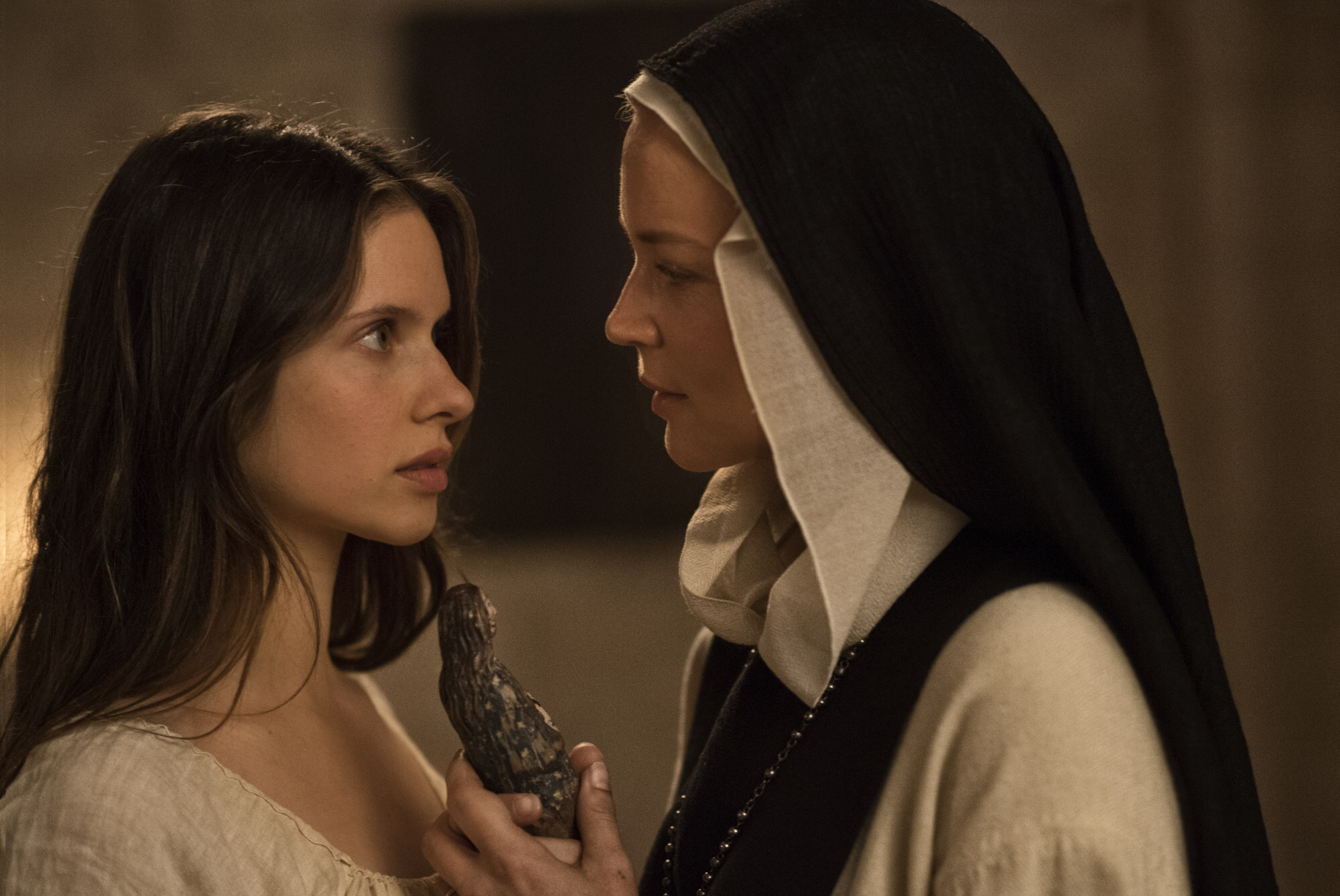
There was something almost bawdy about this, Verhoeven’s first major period piece since 1985’s Flesh + Blood. The scene where Benedetta is pleasured by a sex toy carved from a statue of the Virgin Mary caused wicked uproar.
Lamb
The real surprise of the festival, Icelandic tale Lamb is the first film by director Valdimar Jóhannsson. Presented in the Un Certain Regard section, it’s a movie almost impossible to describe without giving away its glorious premise.
Suffice to say it follows a childless couple (Hilmir Snaer Gudnason and Noomi Rapace) living on a remote sheep farm in rural Iceland who welcome an unusual blessing into their lives.
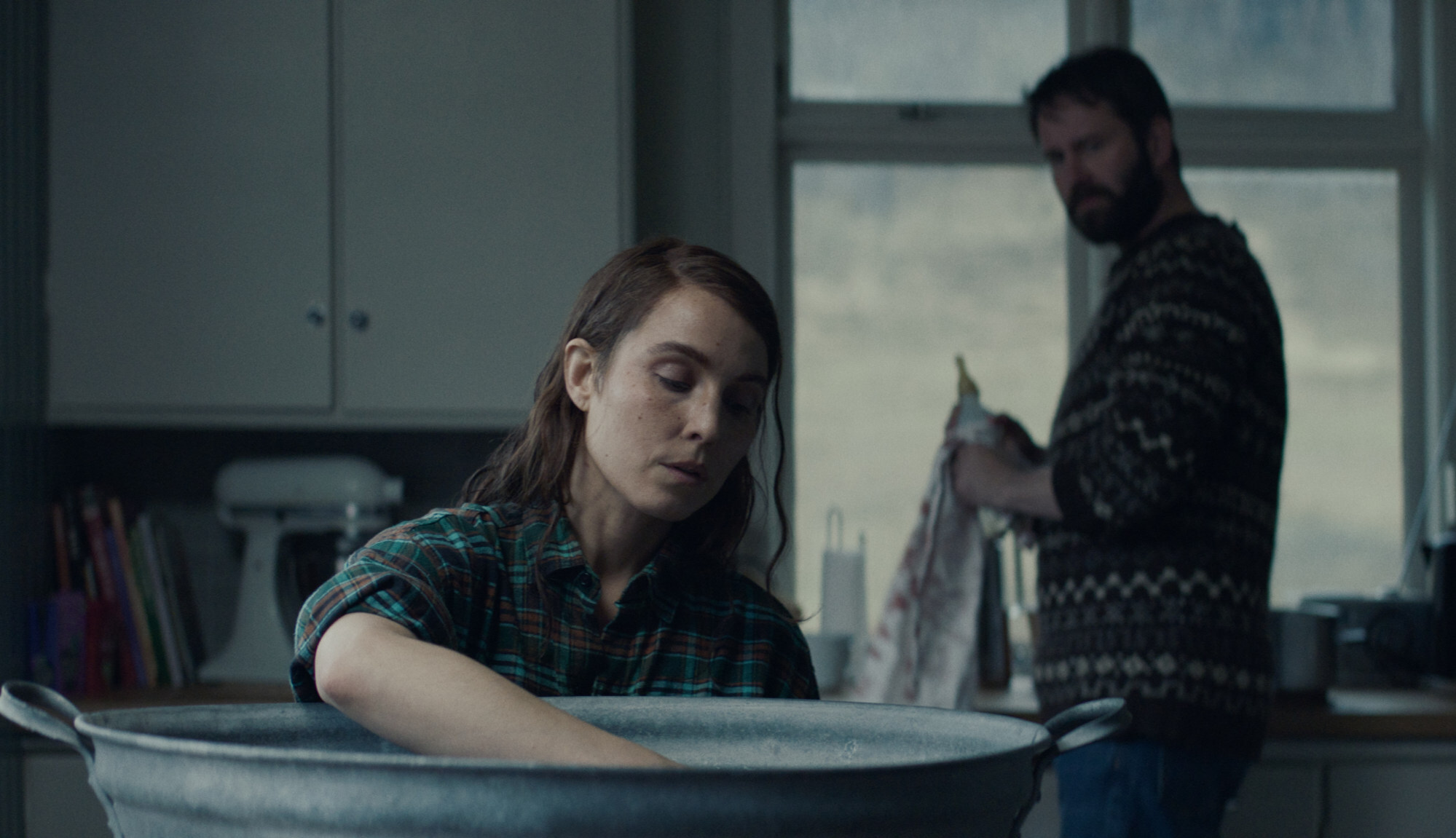
Superb visual effects help sell the illusion, while smart writing from Johannsson and co-writer Sjon, an acclaimed author and Oscar nominee (for helping pen the song for Lars von Trier’s Dancer in the Dark), add to the bleak humour.
Drive My Car
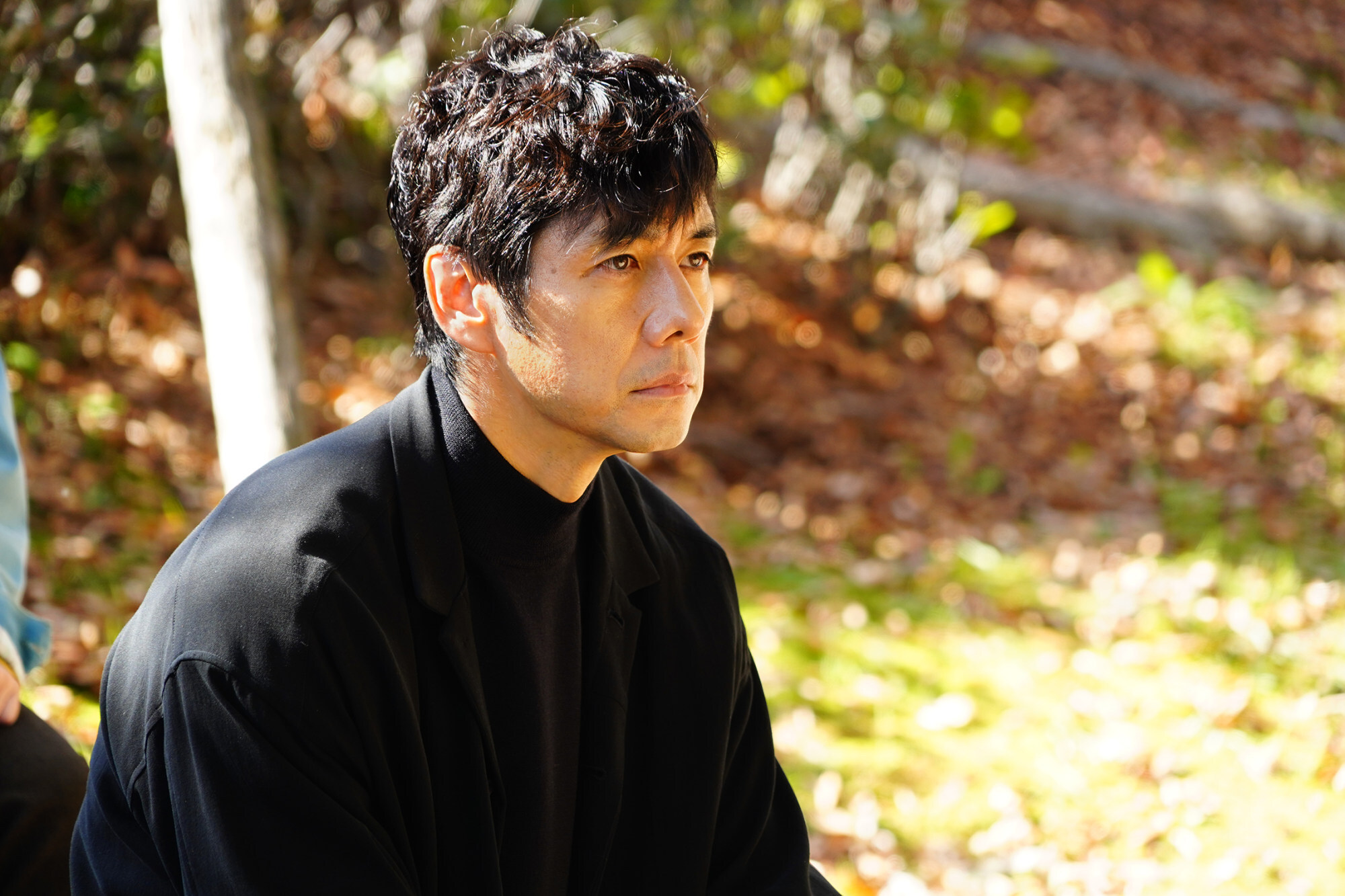
Starring Hidetoshi Nishijima as an actor/director who develops a touching relationship with his female driver (Toko Miura) while on a work sojourn to Hiroshima, it’s a masterfully controlled drama about love and loss.
A Hero
Another film many picked for the top prize, A Hero ended up taking the second prize, the Grand Prix, and there could be few complaints.
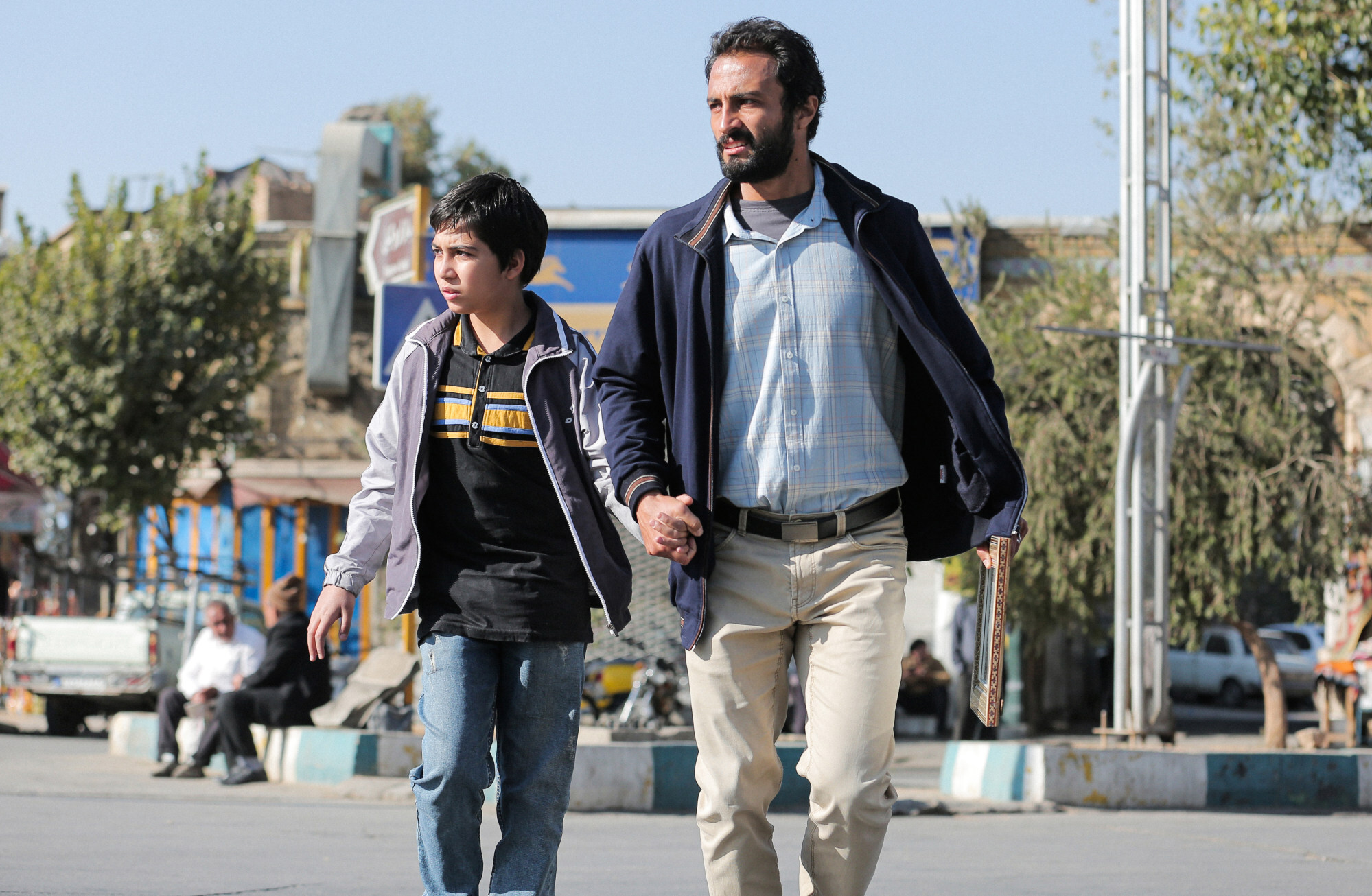
A fascinating morality play, this is easily Farhadi’s best film since his Oscar-winning A Separation brought him onto the world stage.
Red Rocket
Sean Baker, who saw his 2017 film The Florida Project debut in Cannes’ Director’s Fortnight, made it into competition for the first time with Red Rocket.
Set around the rise of Donald Trump as a presidential candidate, this energetic tale sees Mikey Saber, a former adult entertainer (played brilliantly by ex-porn star Simon Rex) head back to his hometown of Texas City with barely a dollar in his pocket. There he hooks up with his estranged wife while also falling for a young girl working at the doughnut store.
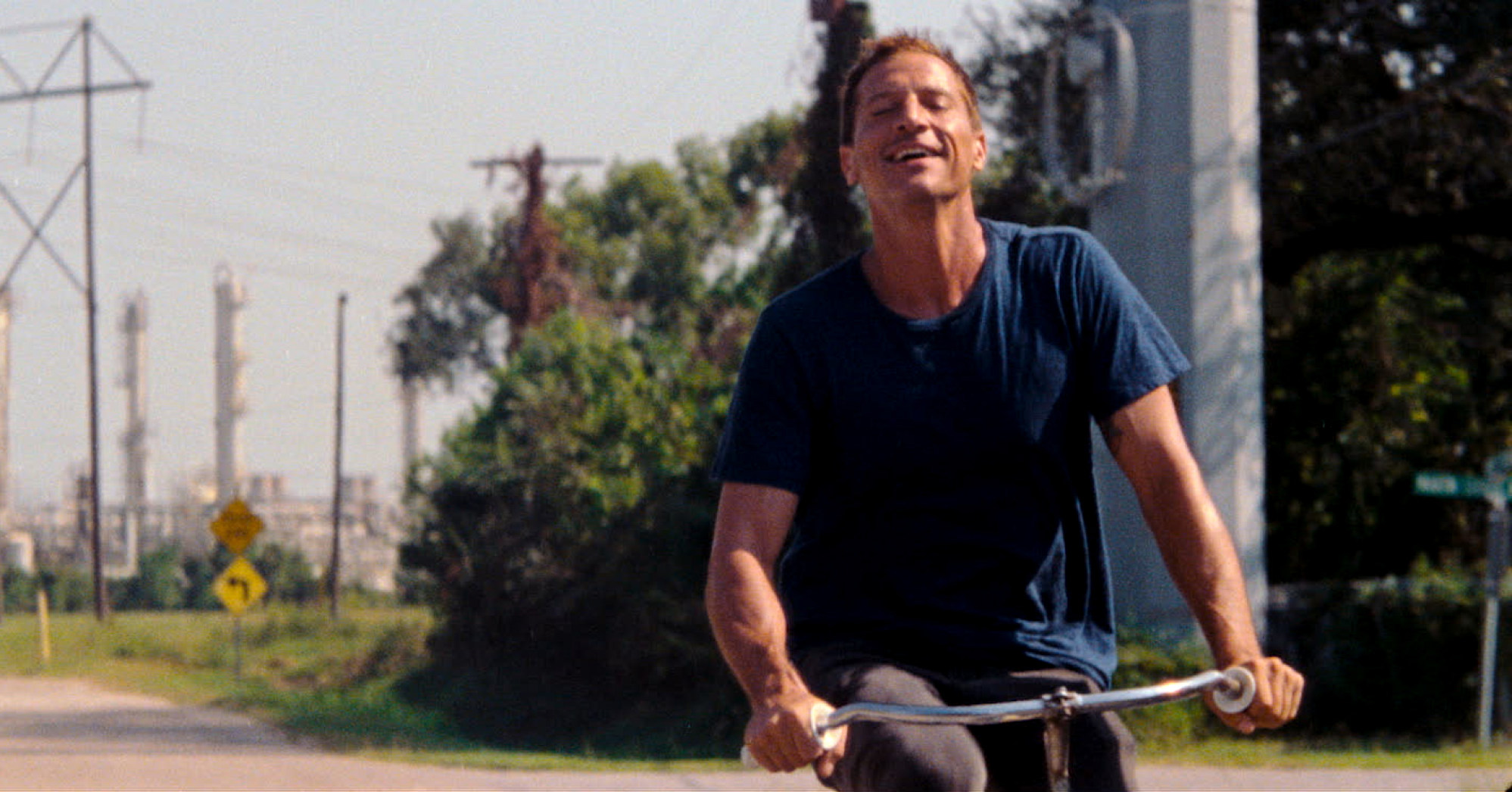
Mikey was one of the most entertaining characters to appear on the big screen in Cannes this year. As for the movie, it’s like a hustler’s dream.
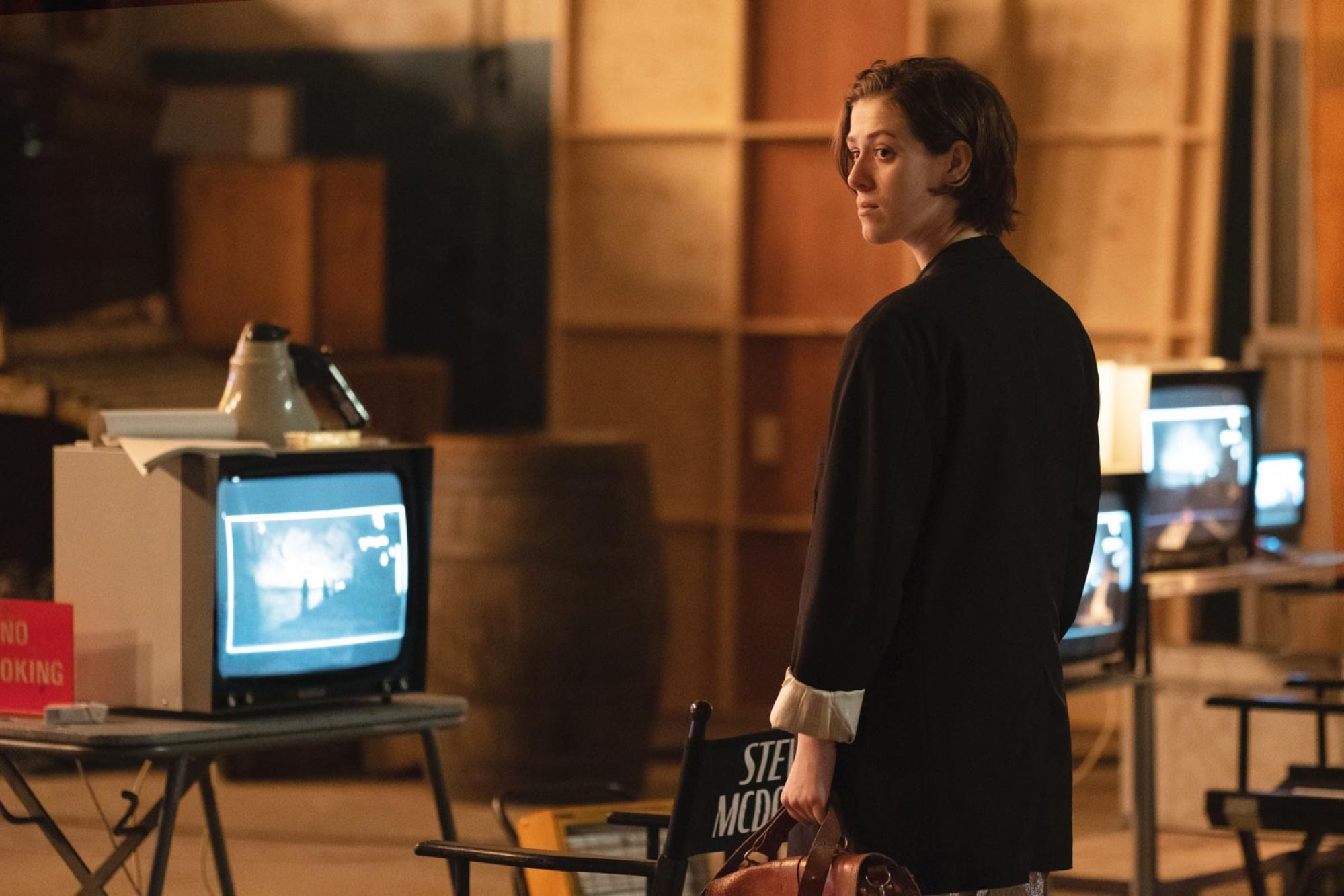
The Souvenir Part II
Joanna Hogg’s 2019 film The Souvenir drew from her own memories and gained much love for its dreamy take on 1980s London as aspiring student filmmaker Julie (Honor Swinton Byrne) picks her way gingerly through life.
Unveiled in the Director’s Fortnight, this follow-up begins almost immediately after the original ends, with Julie mourning the unexpected loss of her lover (Tom Burke) while trying to complete her graduation film.
The Asian movies premiering at the Cannes Film Festival 2021
Returnees Tilda Swinton and Richard Ayoade were most welcome, while newcomers Harris Dickinson and Joe Alwyn added much to the texture of this semi-autobiographical tale. Those who admired the first film won’t be disappointed.
The Velvet Underground
A Cannes regular, Todd Haynes brought his first documentary to the festival, a film that feels in sync with his 1998 glam rock effort Velvet Goldmine and his 2007 riff on Bob Dylan, I’m Not There.
This dazzling film about Lou Reed and his pioneering band The Velvet Underground uses a wealth of archive footage, as Haynes smartly draws viewers into the 1960s New York art scene, where Andy Warhol turned the camera on the Velvets at his infamous Factory.
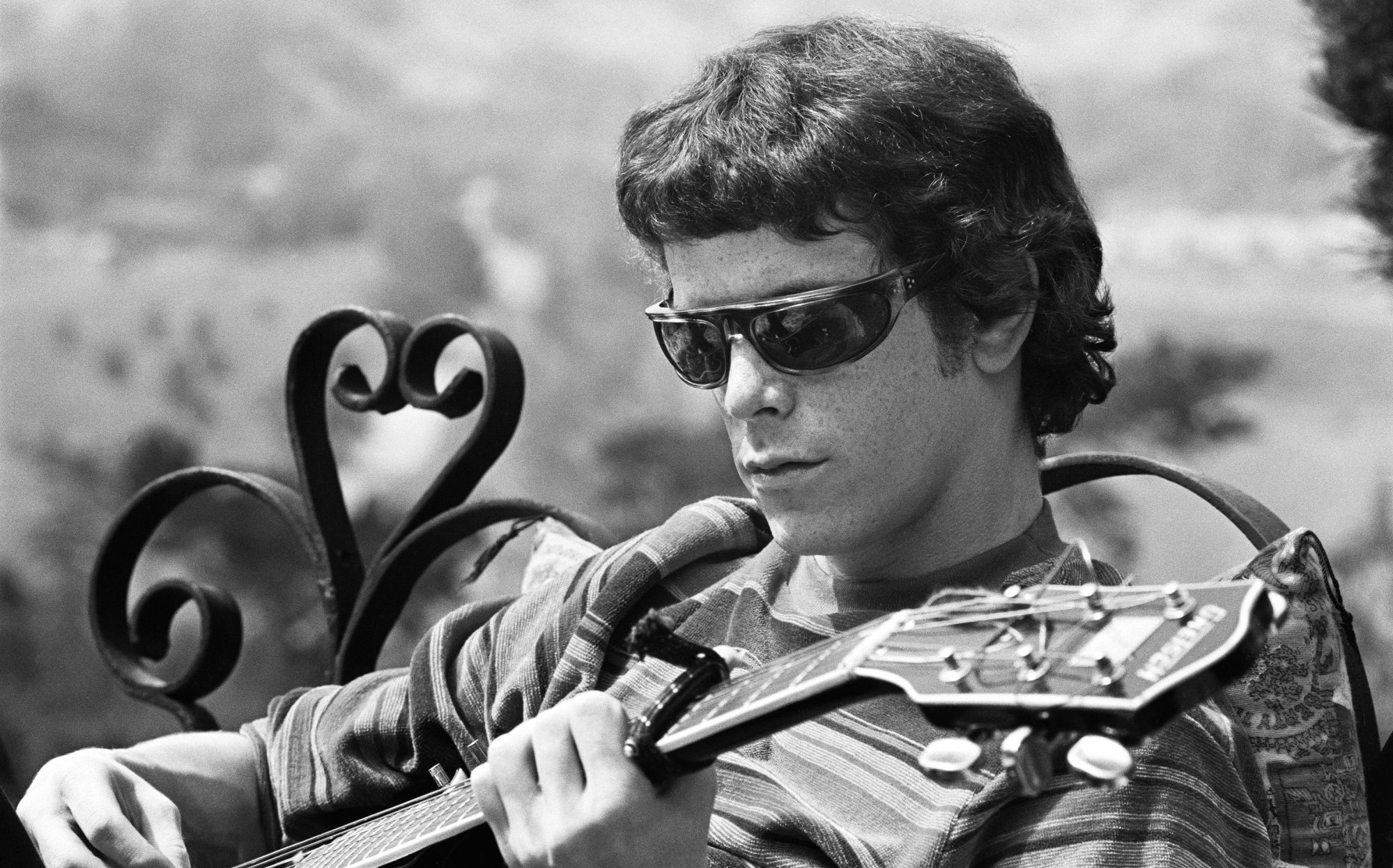
Lively interviews with ex-band members John Cale and Moe Tucker, among others, add to what is a radical take on the music documentary.
Ali & Ava
Like Hogg, fellow British director Clio Barnard presented her new film in Director’s Fortnight. Ali & Ava sees her return to the northern British city of Bradford, where so much of her work (like her 2010 breakthrough The Arbor) has been set.
Inspired by real people that Barnard has met over the years, this interracial love story is a tender and often funny exploration of two lost souls – music lover/landlord Ali (Adeel Ahktar) and classroom assistant Ava (Claire Rushbrook).
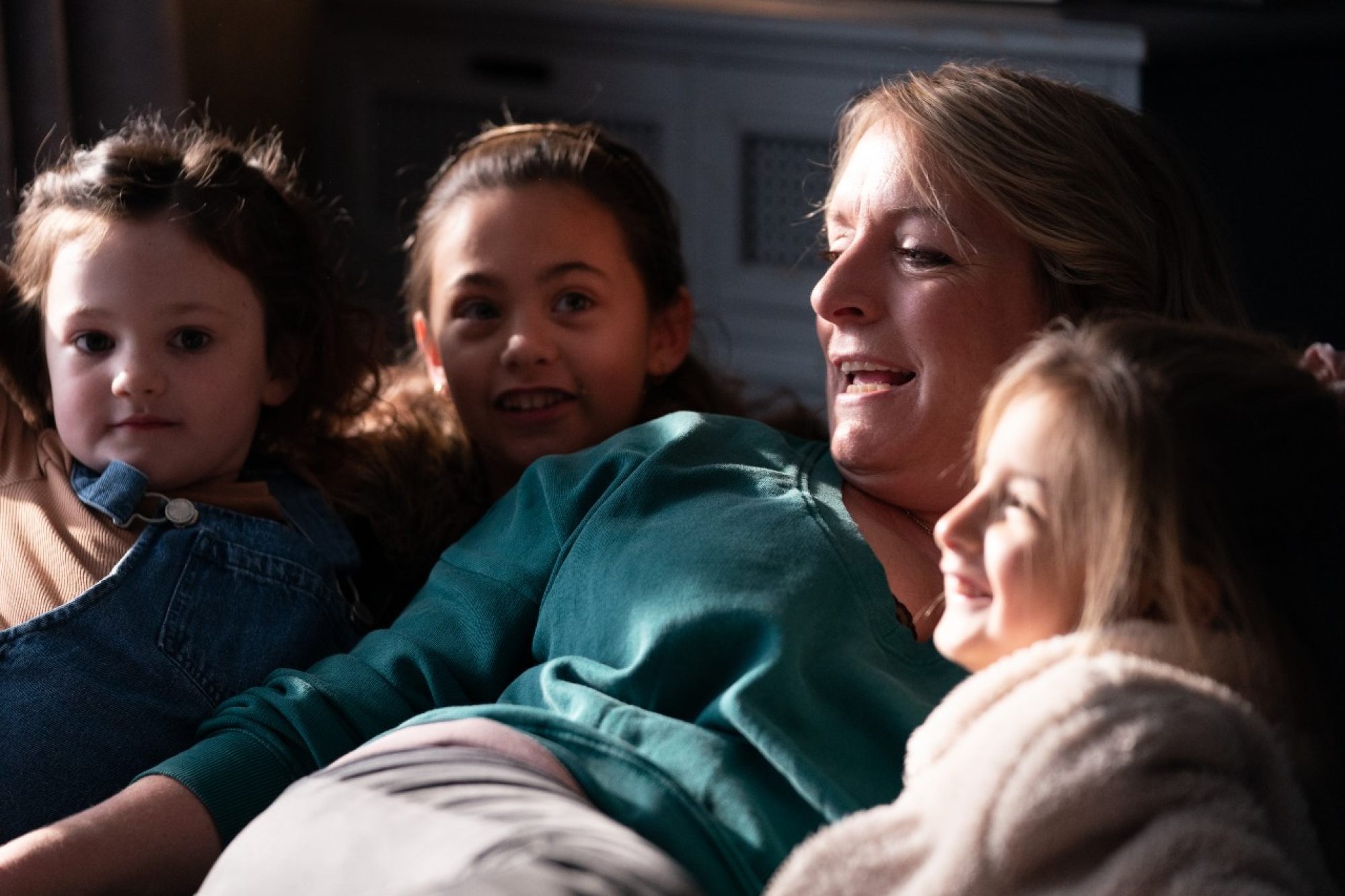
There are some real moments in this, not least when Ava’s grown-up son Callum (Shaun Thomas, who starred in Barnard’s The Selfish Giant) takes a violent dislike to Ali.
Everything Went Fine
It was entirely overlooked by the jury, but French director François Ozon’s twentieth film (a remarkable work rate, since his 1998 debut Sitcom) was one of his best. It also marked a reunion with author Emmanuèle Bernheim, who previously scripted Ozon’s Swimming Pool and 5x2.
This adaptation of her book Everything Went Well saw Ozon tackle the subject of euthanasia with unsentimental frankness, as an 85-year-old father (Andre Dussollier) instructs his grown-up daughter (Sophie Marceau, excellent) to arrange his assisted suicide in Switzerland.

Almost methodical in its tackling of the subject, never lurching towards hysteria, this is a very human way of talking about the enormous elephant in the room that is death.
Want more articles like this? Follow SCMP Film on Facebook

 (1).JPG?itok=0BHk6odg&v=1665981271)